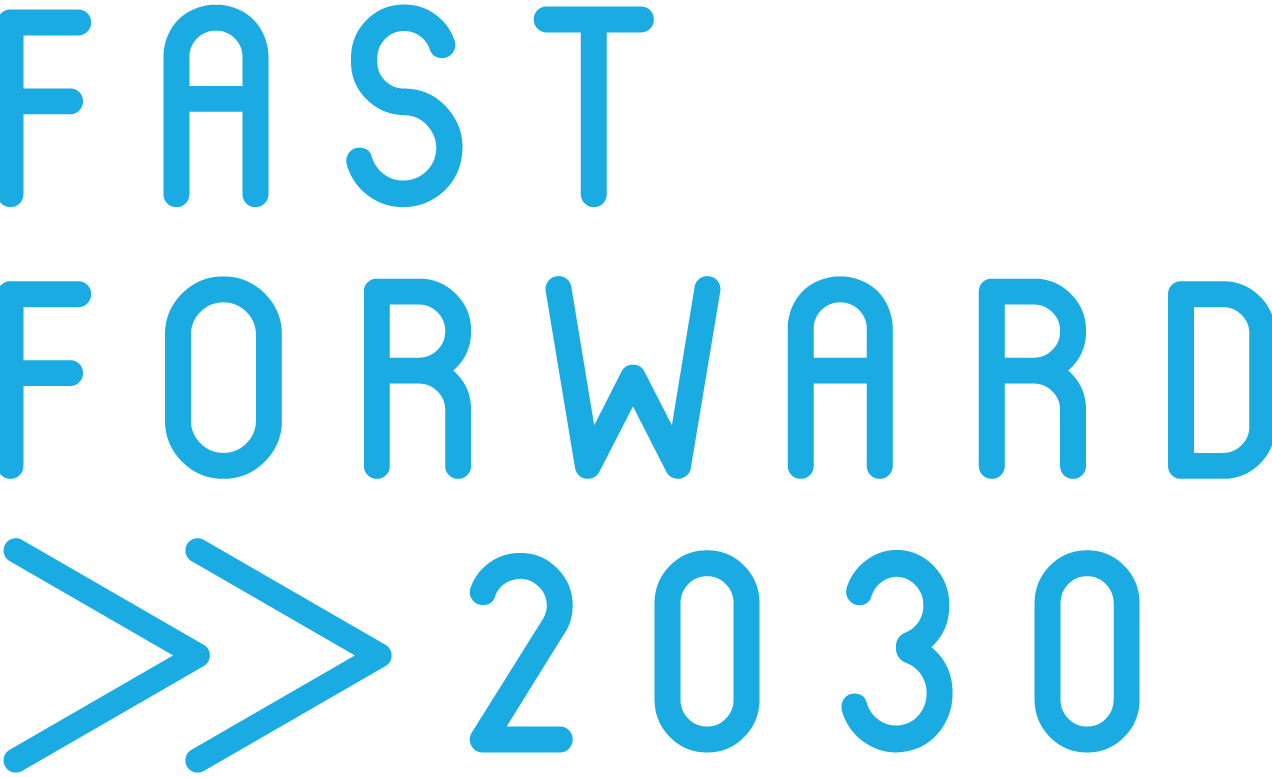Reflecting on Dr. Mohamed Al Ajami Story: Does the Current Healthcare System Runs Against Our Wellbeing?
On March 28th 2021, Dr. Mohamed Al Ajami died at a hospital entrance. He was denied access to emergency health care after having been in a car accident that crushed his abdomen. Who’s to blame? A ruthless, inhumane, heartless hospital administration? Yes. But more so, a system that ignored prioritizing direct and free access to healthcare at the forefront of undisputed rights to be provided to all people. A right that it is a dedicated target to achieve on a worldwide scale by 2030 as part of Sustainable Development Goal 3: Good Health and Wellbeing.
The importance of healthcare provision for citizens
The concept of healthcare provision started with the rise of the industrial era when workers suffered more health risks due to their occupation in addition to transferable diseases. Governments, the first of which was Germany in 1883, conditioned employers by law to provide “sick funds” to their low-wage workers, allowing them free healthcare. National healthcare, adopted in industrial countries, evolved and expanded more fervently after World War 2 as nations developed their national healthcare policies to include all citizens.
Besides maintaining workers' health for a productive society, healthcare was an essential component of social justice aligned with ideals of “Liberty, Fraternity and Equality for all”. Furthermore, conditioning life value and assistance in saving it on one’s material means has been argued repetitively as morally despicable and is still perceived as so today. The cost of treatment for many critical illnesses or injuries leaves financial burdens that subject people to poverty, especially when faced with losing loved ones.
According to studies by the World Health Organization, funds set by governments to provide free healthcare for their citizens are not considered expenses but rather an investment in achieving greater economic prosperity in the long run. Moreover, healthcare provision creates new jobs, provides new horizons for studies and services that will uplift humanity, increase productivity on a national scale, and incentivise industries to procure medical supplies, as well as collaborations with local communities for expanding services, in addition to the priceless insurance of health, security and wellbeing of our citizens.
a bottom-up change for wellbeing
Lebanon has already paid a high price for the absence of proper governance; building from the bottom up and prioritising bettering our quality of life and wellbeing should include all of us. Our revolutionary drive, which Dr. Mohamed Al Ajami celebrated, should always strive to live up to one crucial standard: Valuing life above all else.
